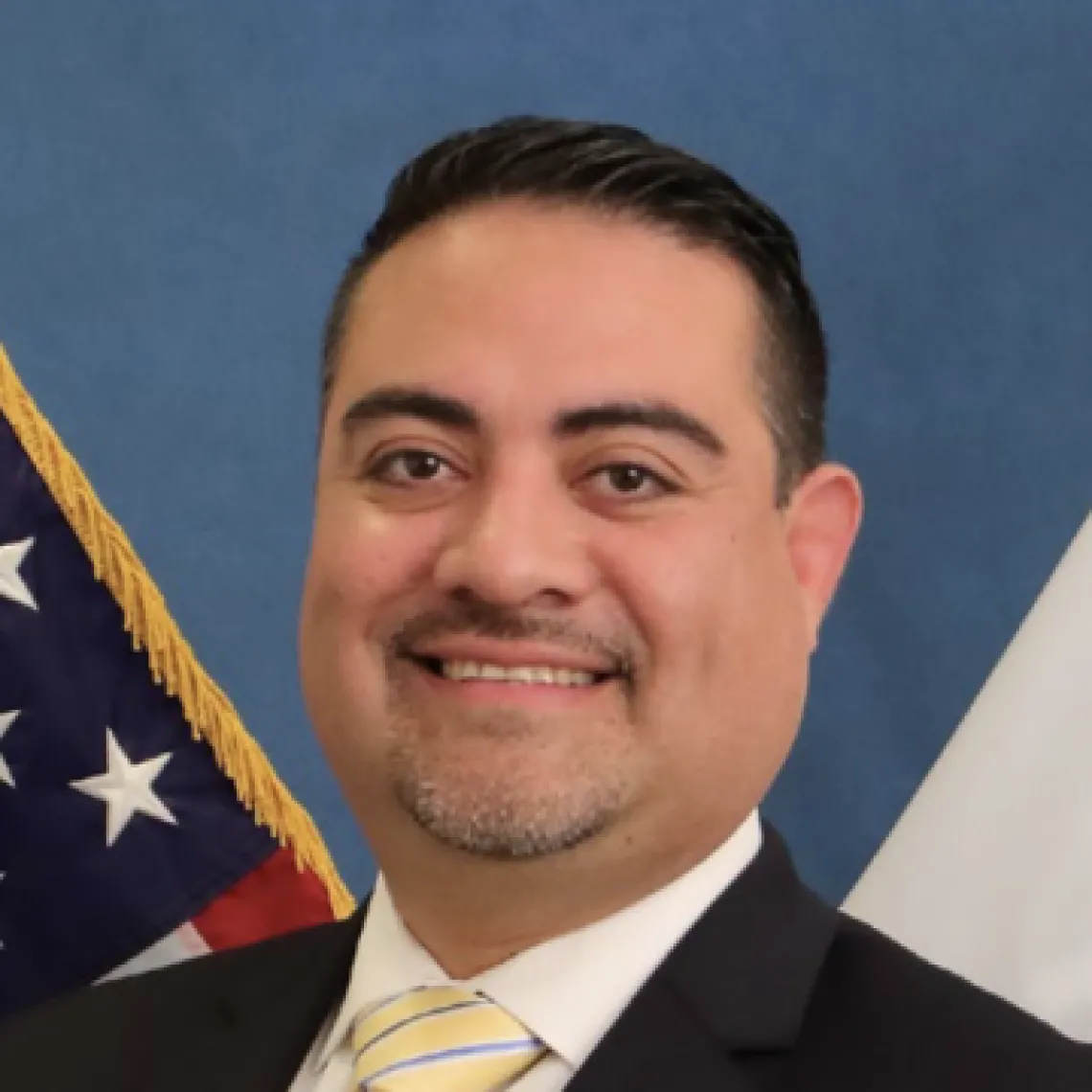Tribal Gaming Law and Regulation: 3 Questions for January in Tucson’s Newest Faculty Member, Professor Francisco Olea

January in Tucson (JIT) is the flagship education event for NNI’s Indigenous Governance Program. Each year, this intensive three-week education session brings together distinguished faculty, Indigenous leaders, Tribal professionals, community members, policy experts, and community members interested in learning actionable ways to empower Native Nations to practice self-governance and engage in nation (re)building in an academic environment designed to encourage crucial dialog and the sharing of ideas.
Professor Francisco Olea – Region Director at the National Indian Gaming Commission, attorney, and enrolled member of the Pasqua Yaqui Tribe in Arizona – will take the helm as instructor for the new JIT course on Tribal Gaming Law & Regulation on January 19-21, 2023. We sat down with Professor Olea to ask him three questions about his role as instructor of JIT’s Tribal Gaming Course. Here’s what he had to say about the course and what he hopes it will contribute to students and up-and-coming professionals in the arena of Native self-governance:
Why is your course relevant in Indian Country right now?
This course is incredibly important to Indian Country in that it lays out the foundational legal and regulatory framework for how tribes are able operate one of their most successful economic development endeavors: Tribal Gaming.
This past year alone, Tribal Gaming revenues amounted to a record-setting $39 billion. For many Tribes, gaming revenue is the lifeblood that not only sustains and helps fund tribal government programs, but provides jobs and professional experience opportunities to its tribal members and surrounding communities.
Many people know that Tribes have casinos, but many don't understand the fundamental principles behind tribal sovereignty and how that applies to self-determination and self-governance from an economic perspective.
How do you hope to impact your students?
My goal is to educate my students on the Federal/State/Tribal law, regulation, and policy behind Tribal Gaming. I want to paint a clear picture to my students of how Tribes operate within those parameters to organize and run a casino in this multi-billion-dollar industry. I hope to impact my students in a way that allows them to use the knowledge acquired in my class to actively participate or contribute in their own communities and understand how Tribal Gaming impacts, not only reservations, but the communities in general, all the way up to State and local government decisions.
Who would benefit from taking this course?
This course is great for not only future lawyers or law students, but for tribal leaders, future politicians, people involved in their communities, businessmen, or anyone else interested in learning about the Casino gaming industry. Casino gaming is a fascinating, multi-faceted industry that involves the law, businesses, governments, food and beverage, the entertainment industry, non-profits, charitable organizations, the hotel and hospitality industry, large scale events, law enforcement, marketing, construction, sports entities, and many other industries that all contribute to the everyday business of a tribal casino.
January in Tucson takes place January 9-28 at the James E. Rogers College of Law on the University of Arizona campus.

